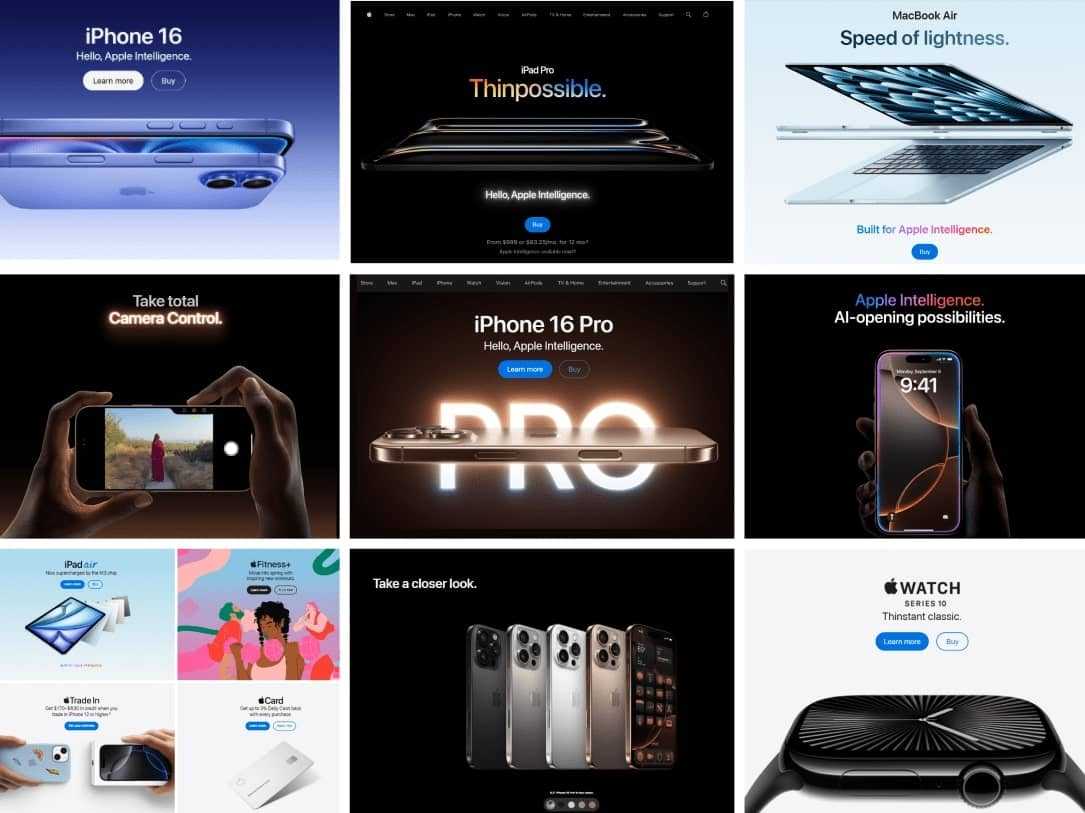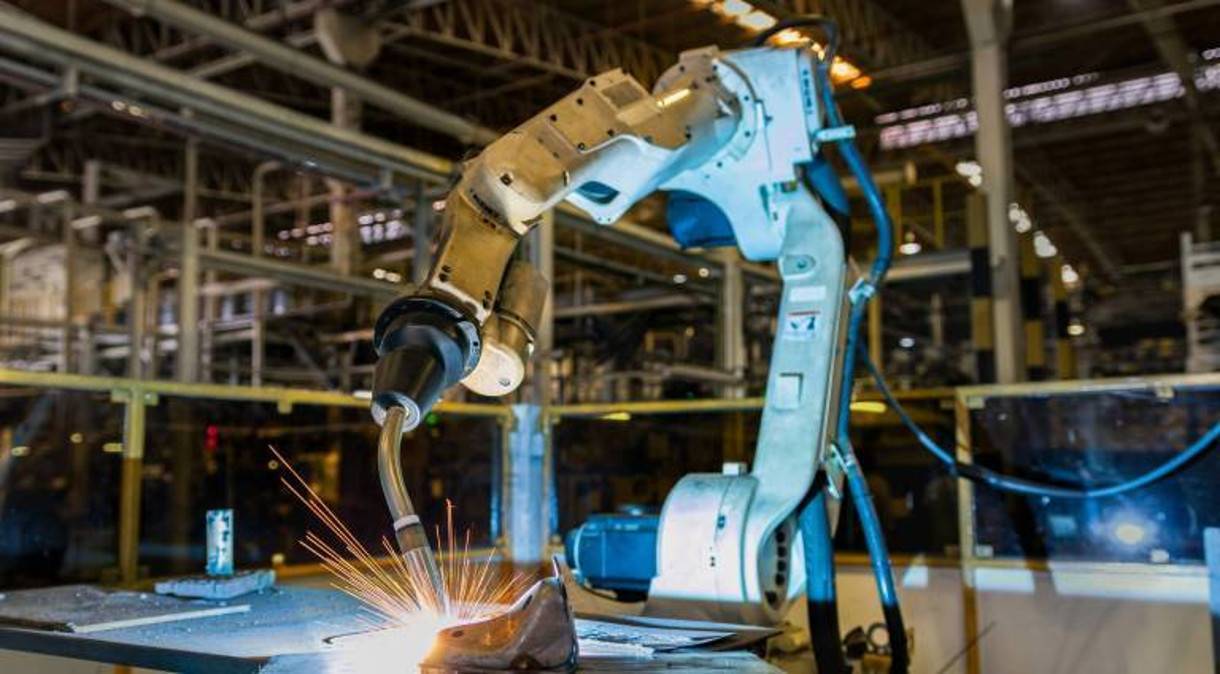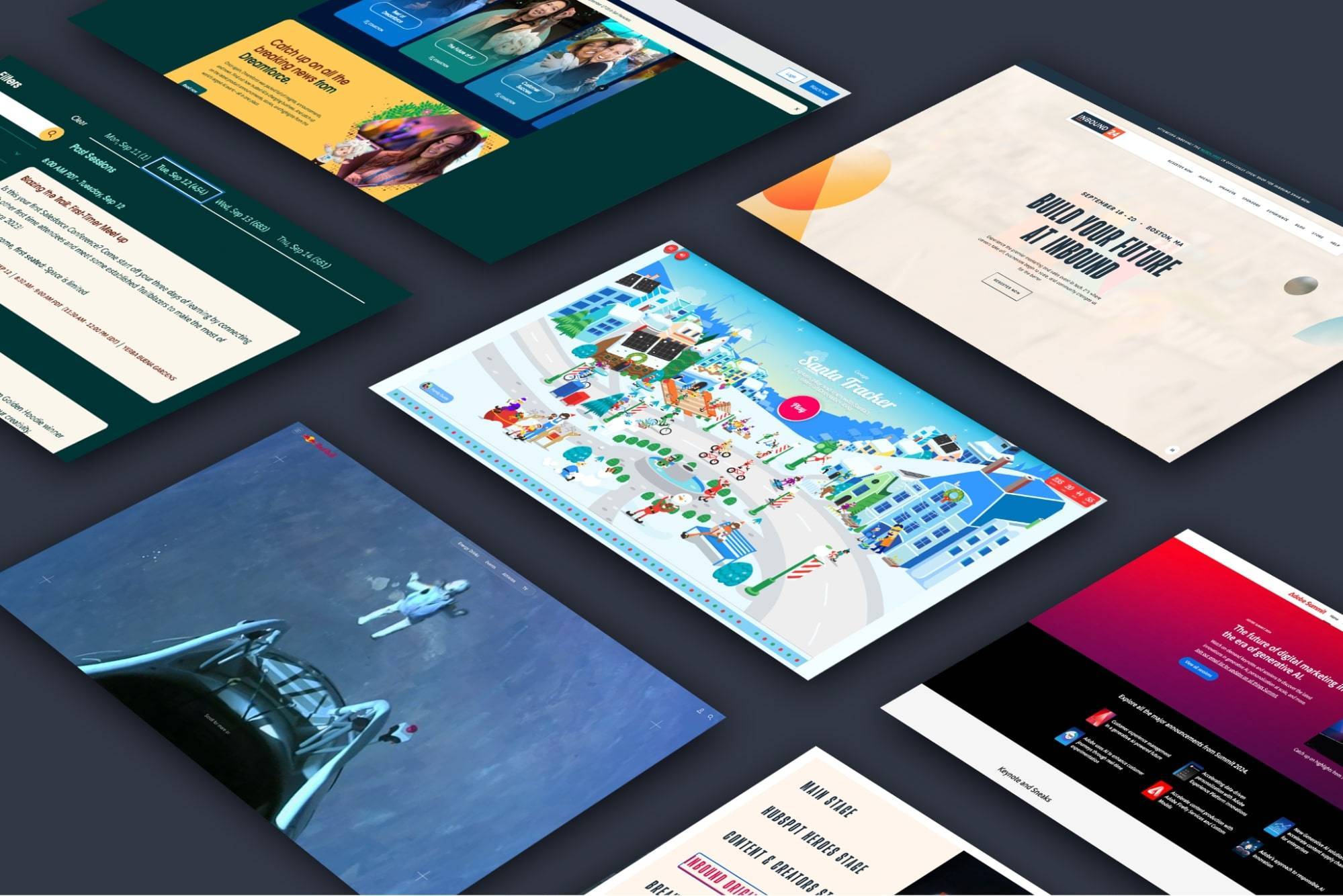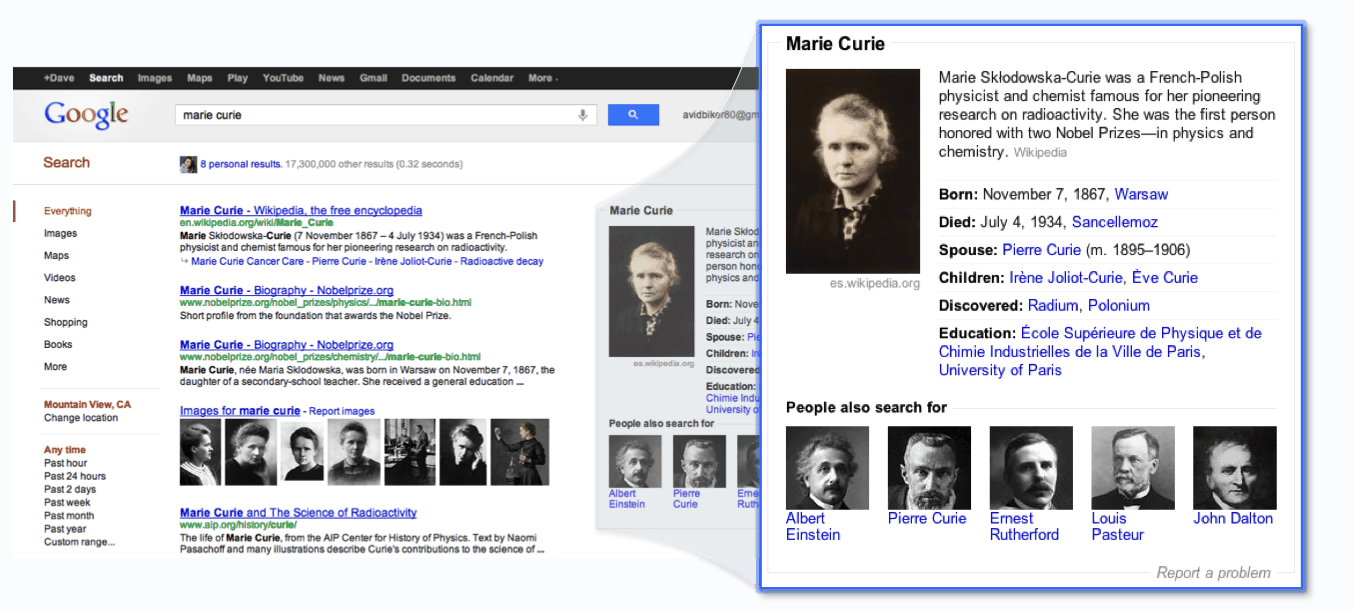

Google's Knowledge Graph Revolutionizes Search
Google recently launched their knowledge graph, which is an intelligent model that understands real-world entities and their relationships to one another. You might notice a visible change in the search results, which feature panels that have snippets of information. Previously, search was about matching words with content. Now, the knowledge graph connects related concepts and ideas to provide better results and easier access to information.
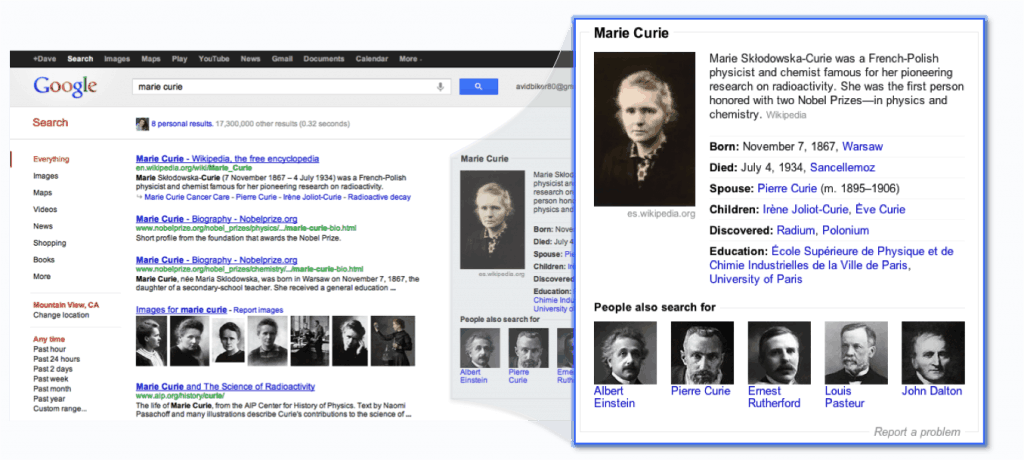 The knowledge graph contains more than 500 million objects, as well as over 3.5 billion facts about the objects, and information about relationships between different objects. Google says it is tuned based on what people are searching for.
The knowledge graph contains more than 500 million objects, as well as over 3.5 billion facts about the objects, and information about relationships between different objects. Google says it is tuned based on what people are searching for.
Google’s engineer Amit Singhal quoted “We’re proud of our first baby step—the Knowledge Graph—which will enable us to make search more intelligent, moving us closer to the ‘Star Trek computer’ that I’ve always dreamt of building.”
How Does It Affect Search?
Boxes are embedded in the search results to provide a quick summary of facts about places, people, and things alongside traditional results. They don’t always appear, but will show up when Google deems it relevant. It helps people find the right thing- if there are multiple objects related to the same word, the knowledge boxes supply options.
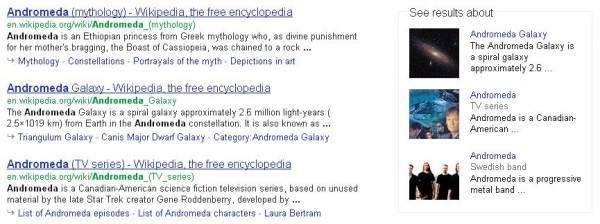 image of Andromeda(Open is new Windows)image of Andromeda(Open is new Windows)
image of Andromeda(Open is new Windows)image of Andromeda(Open is new Windows)
The knowledge panels appearing in search results are in line with Google’s mission of providing the most relevant and quality information, now in less steps, and without even needing to leave the search results. Google provides the most relevant and sought after facts to be included in the knowledge panels, which are determined by investigating user data and learning what the most searched for queries were. They offer quick snippets about each topic with links to learn more.
Each topic has a related searches area, created using searcher data to deliver other interesting and related info to keep the searcher engaged. This provides the opportunity to learn about new topics that might also relate to their interests.
Image of marie curie(Open is new Windows)
Will content publishers receive less traffic?
The search engines have shifted towards providing information as quickly as possible. Google has found the knowledge graph doesn’t necessarily take traffic away from sites, but encourages deeper searching and provides a springboard to start searches. This could impact a relatively small set of sites that focus on facts, like Wikipedia. Many of the panels link to Wikipedia, so it could be a starting point that leads the searcher to click through and read more in-depth information.
The Iphone uses a similar technology for Siri, and rumors exist of Google building a similarly functioning "digital personal assistant", but potentially naming it "Majel" after the computer from Star Trek.
The knowledge graph is truly a revolutionary technology that helps Google understand what people want. How will Google take the knowledge graph to the next level in the future? Could this be a feature utilized for Google glasses?
Check out this video from Google's blog to learn more about the development of the knowledge graph:
